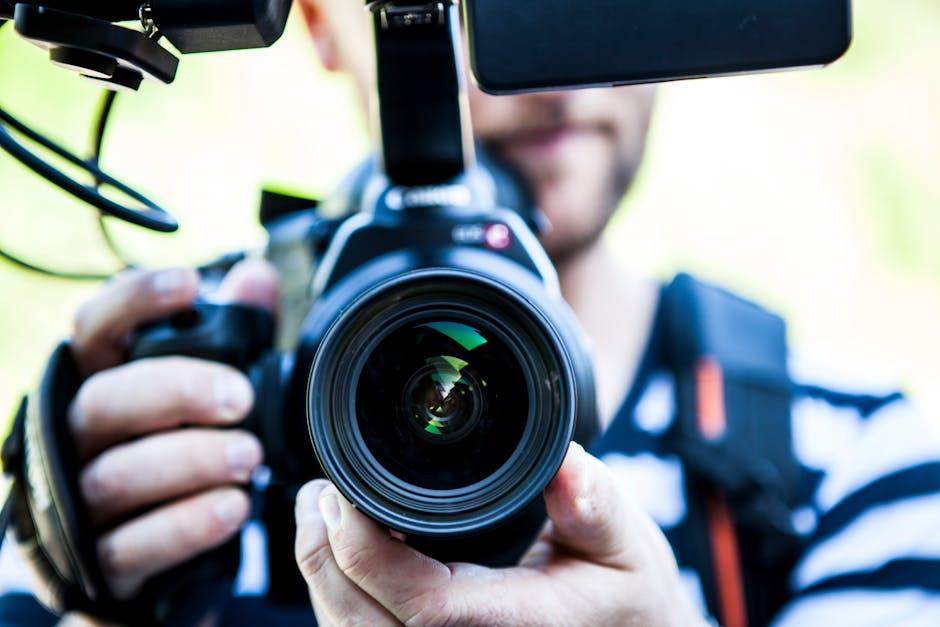Picture this: you’re sprawled on your couch, remote in hand, ready to settle in for an afternoon of entertainment. But wait—do you reach for the good old TV remote or do you tap on that trusty smartphone or tablet? With the rise of YouTube and streaming services, we find ourselves at a fascinating crossroads in the world of entertainment. Is YouTube becoming the new go-to for binge-watching, replacing traditional TV in our hearts—and homes? In this article, we’ll dive deep into this digital phenomenon, exploring how YouTube has transformed the way we consume content, the kind of shows that light up our screens, and what this all means for the future of television as we once knew it. So, grab your popcorn and get comfy, because we’re about to unravel the tapestry of digital viewing.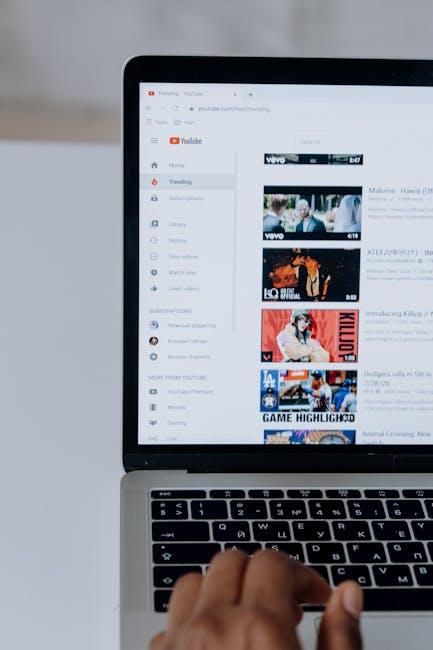
The Rise of YouTube: How It Became a TV Replacement for the Masses
The meteoric rise of YouTube transformed the landscape of entertainment, giving anyone with a camera and some creativity the chance to shine. No longer do we need to settle for just what the networks serve us; now, it feels like we have a buffet of content right at our fingertips. Imagine this: instead of tuning in at 8 PM for *your favorite show,* you can dive into an endless stream of vlogs, tutorials, and live streams that cater to your every whim. Here’s why YouTube is stealing the spotlight:
- Accessibility: Anyone can upload, and anyone can watch—it’s like an open mic night for video.
- Diversity: From cooking lessons to travel adventures, there’s a smorgasbord of topics to satisfy every taste.
- Community: Viewers aren’t just passive watchers; they engage, comment, and even collaborate!
Unlike traditional TV, YouTube thrives on personalization. Think about how the algorithm tailors recommendations based on what you’ve previously watched. It’s like having a personal assistant that knows your interests better than you do! Forget about flipping through static channels; here, viewers can take control of their viewing schedule. And what’s more? Ads can often be skipped or ignored, making for a more fluid viewing experience. Here’s a look at some stats that highlight this shift:
| Year | Viewership (in billions) | Content Creators |
|---|---|---|
| 2010 | 14 | 1 million |
| 2015 | 80 | 2 million |
| 2020 | 120 | 50 million+ |
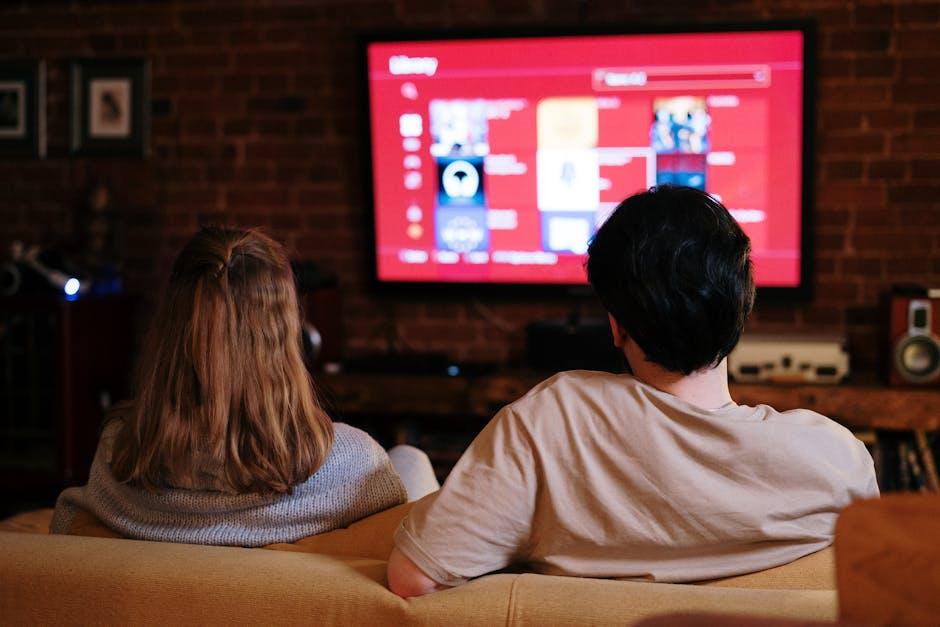
Binge-Watching Reimagined: Exploring the Shift from Episodes to Clips
As the digital landscape evolves, so does the way we consume content. Binge-watching, once synonymous with marathon sessions of our favorite series, has shifted gears—making way for quick consumption through bite-sized clips. Why spend an hour glued to the screen when you can dive into a juicy three-minute video that packs just as much entertainment punch? Platforms like YouTube have transformed the traditional episodic format into a buffet of short-form content that’s instantly accessible. It’s like swapping a sumptuous full-course meal for delicious hors d’oeuvres; you get to sample a little bit of everything without the commitment of a long sit-down dinner.
This shift isn’t just about convenience; it’s about connecting with an audience that craves immediacy. Think about it: with endless scrolling, we’re conditioned to seek out snippets that provide instant gratification. Vlogs, tutorials, and even mini-series are now designed to fit seamlessly into our busy lives, allowing for a flexible viewing experience. The allure of running across a hidden gem of a clip can spark more joy than waiting for a week to find out how a cliffhanger unfolds. In this era of rapid consumption, the audience becomes the curator, cherry-picking what to watch based on mood and whim, which ultimately paves the way for content creators to innovate and respond to real-time trends. Here’s a glimpse of the differences between traditional episodes and this new wave of clips:
| Traditional Episodes | Clips |
|---|---|
| Longer duration (20-60 mins) | Short & snappy (1-10 mins) |
| Scheduled releases | On-demand access |
| Storylines developed over time | Focused, bite-sized entertainment |
| Requires dedicated time | Easily fits into any schedule |
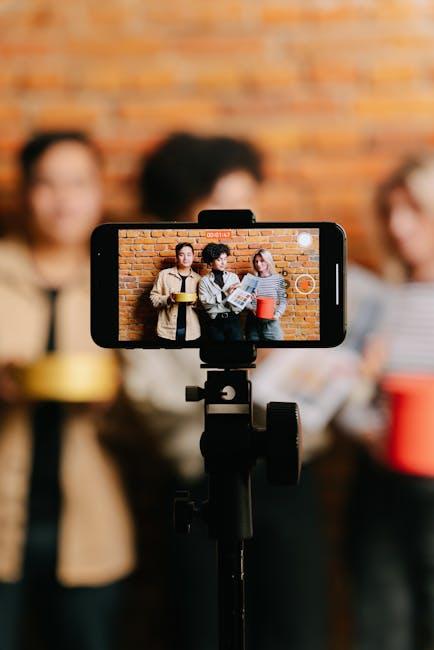
Content Creators vs. Traditional Broadcasters: Who Holds the Real Power?
The balance of power in the entertainment world is flipping on its head, and we’re witnessing an all-out showdown between content creators and traditional broadcasters. Think about it: traditional TV networks have long held the reins, dictating what we watch, when we watch it, and how we engage with it. However, platforms like YouTube have given rise to a new breed of creators who thrive on authenticity and immediacy. These digital pioneers have transformed viewing habits, drawing massive audiences with personalized content that often resonates more deeply than slick, produced shows. They are relatable, sharing real-life moments more like a friend than an actor, which makes for a viewing experience that feels intimate and engaging.
Let’s break down some of the reasons why influencers and creators are stealing the spotlight:
- Accessibility: Anyone with a smartphone can create and share content, breaking down barriers that once favored big networks.
- Engagement: Creators foster communities around their channels, encouraging comments, likes, and shares, making viewers feel like part of something special.
- Innovation: There’s no rulebook for what a video should look like; diverse formats from vlogs to DIY tutorials thrive, constantly evolving with audience preferences.
- Authenticity: Many viewers find unfiltered, honest content more appealing than the polished narratives of traditional media.
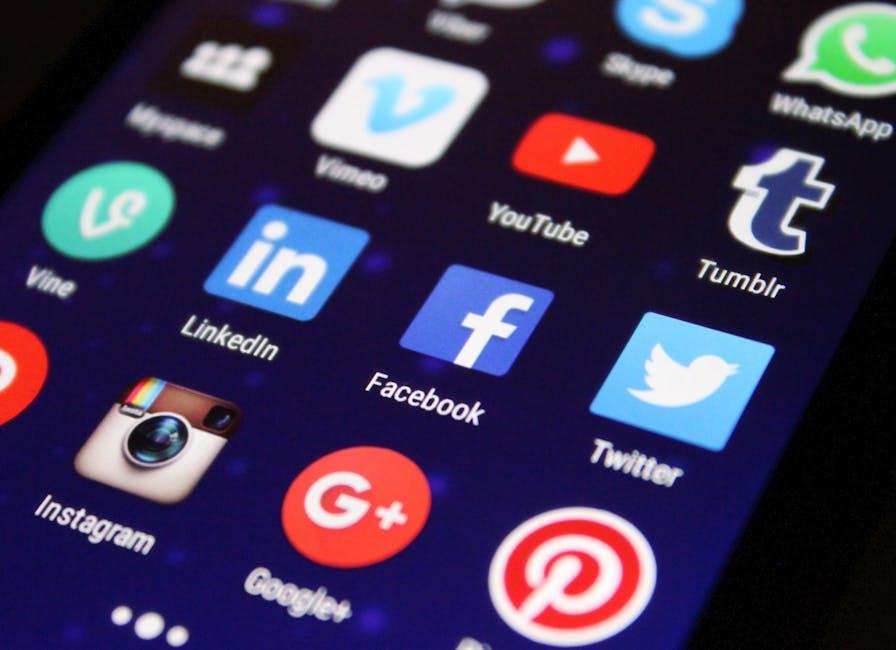
The Future of Viewing: Why You Should Embrace YouTube as Your Go-To Entertainment Hub
Think of YouTube as the Swiss Army knife of entertainment—it’s got everything you need right at your fingertips. From gripping vlogs and bite-sized hacks to in-depth documentaries and live-streamed events, this platform has evolved into a treasure trove of content that’s ready to cater to almost every interest. Why slog through ads and stale reruns on traditional TV when you can hop onto YouTube and immerse yourself in a world of creativity? On demand, at your convenience—sounds pretty darn good, right? Plus, with creators constantly churning out fresh content, boredom is practically a myth. You can binge on everything from travel escapades to cooking tutorials, all while relaxing on your couch in your PJs.
Imagine sitting down for a cozy evening with the whole family. Instead of flipping channels, why not dive into a curated playlist of the hottest DIY projects or the latest viral challenges? The interactive nature of YouTube transforms viewers into participants—engaging with content, leaving comments, and even sharing their own spin on popular trends. It’s not just a viewing experience; it’s a community. With every like, share, and subscription, you’re part of a dynamic ecosystem where entertainment is not just viewed but also created. So, whether you’re in the mood for a laugh or want to spark up a conversation about a trending topic, YouTube stands tall as your one-stop shop for entertainment that grows with you.
The Way Forward
As we wrap up this exploration into whether YouTube is stepping into the shoes of traditional TV, it’s clear that the digital landscape has evolved in ways we never quite imagined. Think of YouTube as the vibrant, eclectic cousin of classic cable TV—where every flick of the wrist can unveil a world of creativity, spontaneity, and endless entertainment. It’s where your favorite creators become your neighbors, sharing everything from cooking tips to captivating stories, all at the click of a button.
But is YouTube really the new TV? Well, it all depends on how you define your viewing experience. Are you looking for tailored content that resonates with you, or do you prefer the structured programming of yesteryears? The beauty of this digital age is choice, and YouTube masterfully delivers on that front.
So, whether you take a leisurely scroll through vlogs while sipping your morning coffee or dive headfirst into a conspiracy theory that has you questioning everything, the platform offers something for everyone. As we navigate this new frontier of digital viewing, the question may not be if YouTube is the new TV, but rather how it complements and enhances our viewing habits.
Ultimately, it’s not just about the screen but the stories we connect with and the communities we build around them. So, grab your remote—or perhaps your smartphone—and surf that digital wave. The future of viewing is now!

